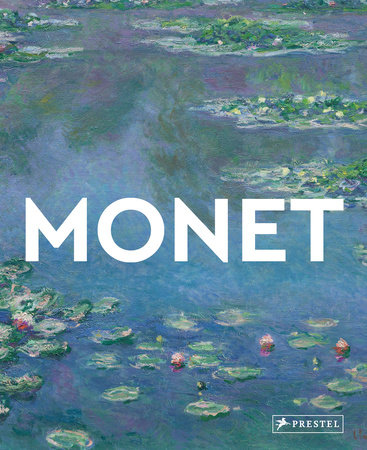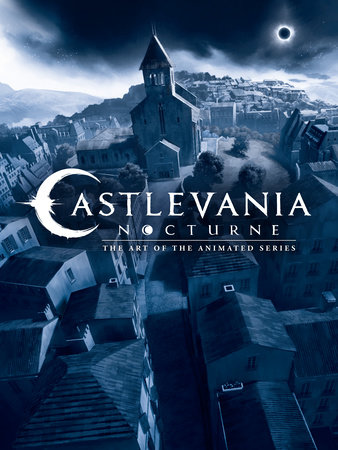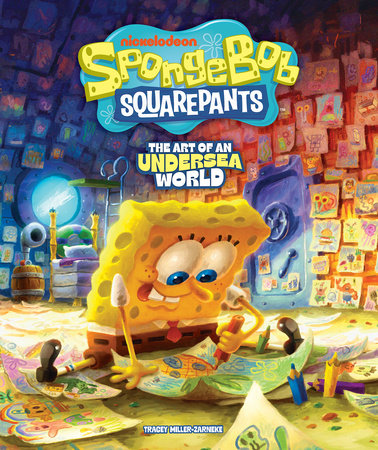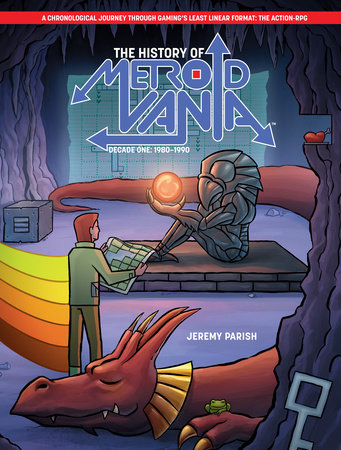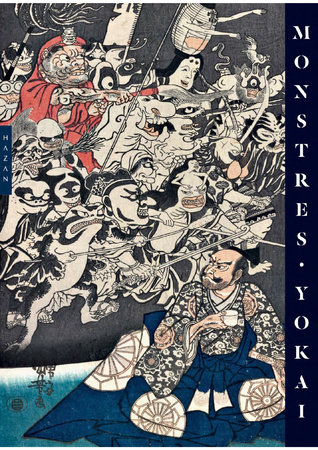“Simultaneously performs and advocates the conceptual terms through which [Roberts] understands a contemporary avant-garde program.”
—Red Wedge
“Revolutionary Time and the Avant-Garde is without question the most informed, cogent, and intellectually grounded defence of avant-garde praxis today. Roberts provides a vision of art that is disabused of the business models of the neoliberal culture industries, that neither dissolves politics into art nor attempts to insulate art from functioning as an emancipatory revolutionary force.”
—Marc James Léger, author of Brave New Avant Garde and The Neoliberal Undead
“Over the last two decades, John Roberts has established himself as probably the most original Marxist critic of the contemporary visual arts around.”
—Andrew Hemingway
Praise for The Intangibilities of Form:
“Roberts’s Intangibilities of Form is a truly important book. It offers an unusually thoughtful, and genuinely radical, alternative to dominant ways of understanding the nature of art in the twentieth century and at the beginning of the twenty-first.”
—Alex Potts
“The Intangibilities of Form proposes nothing less than a powerfully original labor theory of culture, highlighting the prominence of a context shaped by the readymade, to account for the constitutive interlacing of contemporary art and technology, skill, and deskilling. By situating the instance of conceptual art within an environment of production marked by the structuring logic of the commodity form and social division of labor, he has both restored to art criticism and art history a lost vocation, and delivered to cultural studies and its current explanatory ambitions a demanding challenge.”
—Harry Harootunian







